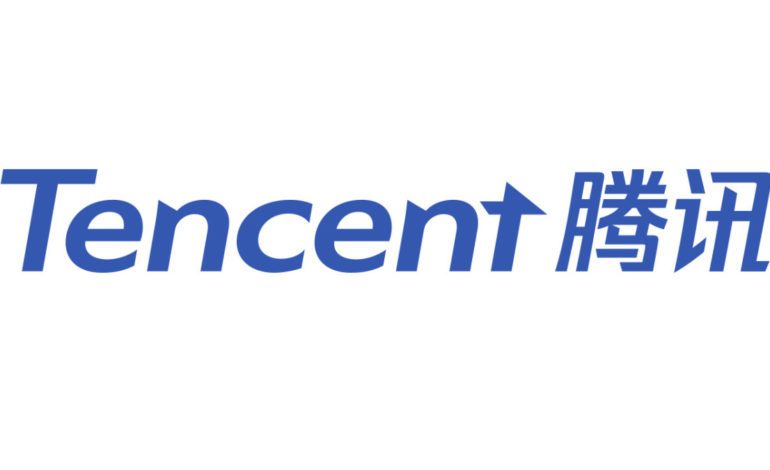

Tencent and NetEase were delt a heavy blows after the announcement of new regulations towards the gaming market by the Chinese government.
According to a policy draft by National Press and Publication Administrations, these new rules aim to restrict the spending of gamers within online games through digital wallet caps and rewards that incentives players to keep playing like log-in rewards. Additionally, the draft stated that games can’t offer minors “probability-based features.
Unsurprisingly, these new rules if implemented, would have a massive impact on some of the biggest Chinese games on the market, and undoubtedly would cause a significant loss of revenue to gaming companies operating within the country.
Ivan Su, an analyst at Morningstar, told Reuters that these policies have the ability to significantly “reduce daily active users” in games and fundamentally change their game design.
Tencent, developers of popular games like PUBG, saw a 16% fall of its shares on Friday alongside NetEase, which saw a 25% drop of its shares.
Tencent eventually responded to the policy draft to Nikki Asia, acknowledging it despite remaining unconvinced that was needed, citing the already existing tight regulations made by the Chinese government. NetEase has yet to respond.
“…The proposed draft, which is open for public comment, does not fundamentally change key elements such as reasonable business models and the operational pace of the gaming industry,” said Vigo Zhang, vice president of Tencent Games. Tencent Games will continue to uphold a strategy centered around technological innovation and cultural leadership, while actively promoting the high-quality growth of the Chinese gaming industry with the support of the regulatory authorities.”
Mihoyo, another Chinese gaming Giant could be affected by these policy changes. It’s biggest free-to-play game Genshin Impact, has become notorious for its micro transactions.
Regardless, nothing has been finalized as the drafts are currently accepting public comments up until late January 2024. This is the latest in China’s recent effort in clamping down the gaming market within its country, with the safety of minors in mind.
Play games, take surveys and take advantage of special offers to help support mxdwn.
Every dollar helps keep the content you love coming every single day.
